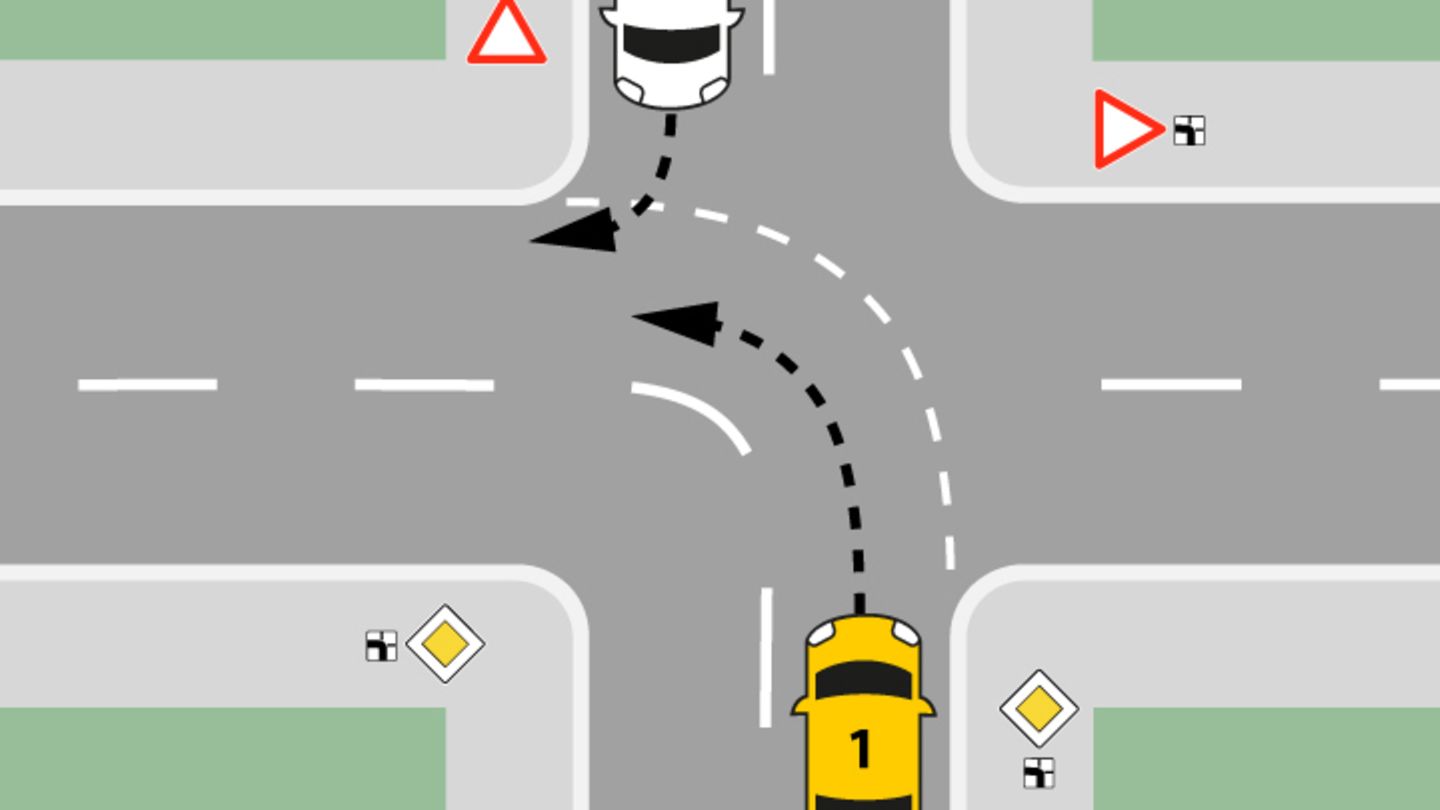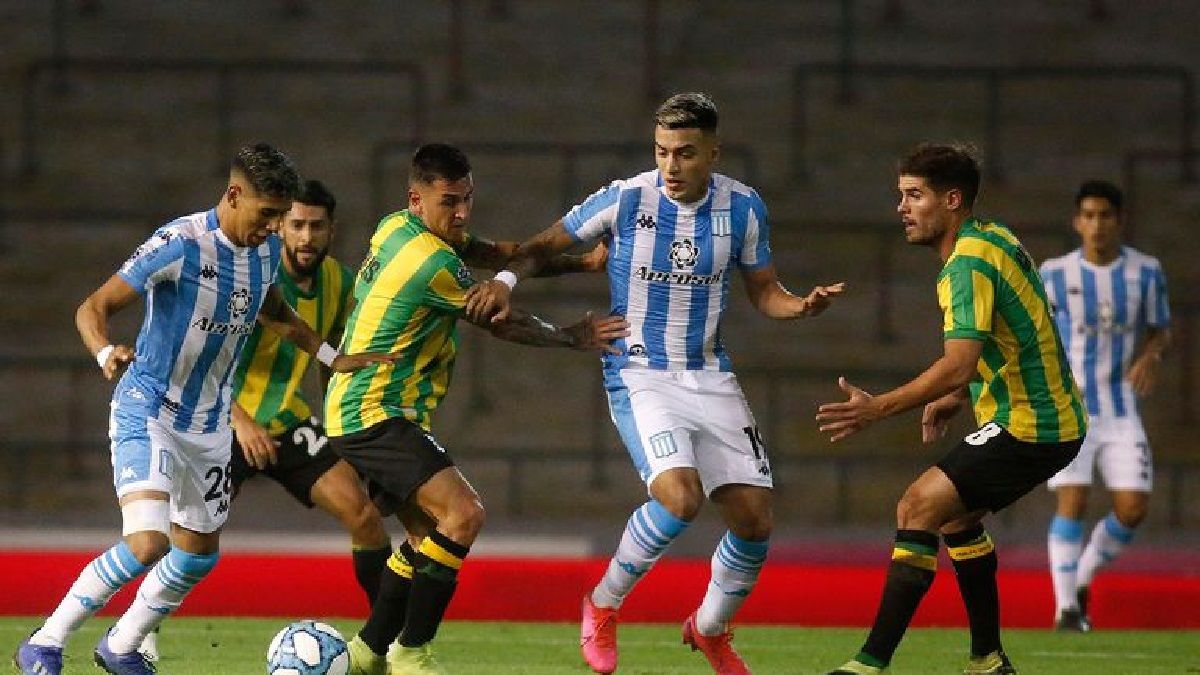Demonstrations have been going on in Iran for months. Iran’s attorney general now says the country’s vice squad has been disbanded. At the same time, the media are reporting on a crisis summit in Parliament.
After prolonged demonstrations, Iran’s vice squad, which was responsible for enforcing women’s dress codes, has been disbanded. The Iranian media reported this, citing the country’s Attorney General.
The death of a young woman after being arrested by the vice squad sparked the bloody mass protests against the political leadership that have been going on in Iran for more than two months.
According to media reports, President Ebrahim Raisi also met with several ministers for a crisis summit on Sunday. The Isna agency reported that the latest developments in the country were on the agenda of the non-public meeting in the parliament in Tehran.
Reactions to the dissolution of the vice squad
“The vice squad has been disbanded, but the judiciary will continue to deal with this social challenge,” the daily Shargh quoted Attorney General Mohammed Jafar Montaseri as saying. There were no further details on the circumstances and the implementation of the dissolution of the vice squad. Critics of the political leadership reacted cautiously to the announcement.
In mid-September, the Islamic moral guardians arrested 22-year-old Mahsa Amini because a few strands of hair are said to have stuck out from under her headscarf. Amini died a few days later in the custody of the vice squad. Since then, people in Iran have been protesting against the system and its laws and regulations.
The problem is not the moral police, but the lifting of the headscarf requirement, wrote an Iranian activist on Twitter. “Women must be able to go everywhere without a headscarf,” he demanded. And this is “only the first step.” According to observers, the dissolution of the vice squad would not mean an end to compulsory headscarves for women, but it would represent an important partial success for the women’s movement in Iran.
The headscarf requirement is being ignored more and more
Since the protests broke out, many women, especially in large cities, have increasingly ignored the headscarf requirement and Islamic dress codes. According to Islamic law, women must wear a headscarf and a long, loose coat to cover their hair and body contours in public. This law has been part of the socio-political doctrine of the Islamic system for more than 40 years in order, as it is said, to “save the country and people from Western cultural invasion”.
It was initially not known exactly what was to be discussed at the crisis summit on Sunday. In the run-up there was speculation that it could be about the demands of the demonstrators. These include the revision of the Iranian constitution and the abolition of the headscarf requirement, but also new elections or a referendum on the development of the country’s political system. Observers, however, did not have high expectations of the meeting.
According to the Presidential Office, Raisi had already consulted with Parliament President Mohammed-Bagher Ghalibaf and Justice Chief Gholam-Hussein Mohseni-Edschehi on Saturday evening. Raisi repeatedly emphasizes that while Iran is tolerant of criticism, it is not tolerant of foreign-controlled riots carried out by their mercenaries, as he describes the protests. The cleric also claims that the Iranian constitution is among the most advanced in the world and that there is no reason to change it.
hundreds of dead
Human rights activists estimate that around 470 demonstrators have been killed since the demonstrations began. 60 security forces are said to have died. Official information on this is contradictory. The Security Council speaks of a total of 200 dead, a commander of the Revolutionary Guards of 300 dead.
In addition, thousands have been arrested in the past two months, including students, journalists, athletes and artists. Some demonstrators have also been sentenced to death by revolutionary courts. Further protests – and according to opposition circles also strikes – are planned across the country from Monday.
Source: Stern
David William is a talented author who has made a name for himself in the world of writing. He is a professional author who writes on a wide range of topics, from general interest to opinion news. David is currently working as a writer at 24 hours worlds where he brings his unique perspective and in-depth research to his articles, making them both informative and engaging.




